Raise your voice for yourself and your community, because no one else will. This is how the LGBTQ community in the US reacted after the long agitation against harassment, discrimination, and non-acceptance. The agitation dates back to 1920 when the first documented LGBTQ rights organization was founded. Since then, various groups made representation for the LGBTQ rights and movements but all this accelerated with the ‘Stonewall’ riots of 1969. It was the time when solicitation of homosexual relations was still a crime in New York City. This story is about the Stonewall riots or stonewall uprising of 1969 in the US. It was the uprising of demonstrations in response to the raid conducted by the police on the bar at Stonewall Inn in Greenwich Village. It was one of the safe places for the LGBTQ community to gather and cherish their existence. New York police arrested 13 people at the bar, the situation turned aggressive and many civilians were abused. The Stonewall Riots hence mark an important day in the evolution of modern-day LGBTQ Community rights.
From the next year (1970) the month of June is celebrated as ‘LGBTQ Pride Month’. In the US, the first-ever ‘official’ Gay Pride Month was declared by President Bill Clinton in June 1999 and then followed up by declaring one in June 2000 as well. In 2016, President Obama declared the Stonewall Inn a national monument. Many countries have their respective pride months, which highlight a significant development for the LGBTQ community. Such as Russia celebrates its pride month in May, as that was the month when the country decriminalized homosexuality in 1993.
The Stonewall riot became an ice breaker for the LGBTQ Community in many ways. From 1940 to 1960 police use to arrest LGBTQ people for cross-dressing which was famously known as the "three article rule". However, no such specific law technically existed. There were few other laws against costumed dress collectively called 'masquerade laws' and these laws were used to arrest people of the LGBTQ community. According to a few researchers, police use to make such arrests for sexual assault and sexual humiliation of the LGBTQ people. Post-Stonewall incident, police arresting LGBTQ people for cross-dressing vanished.
Another wired policy prevalent for the US military called- 'Don’t ask, don’t tell' policy was discriminatory against the LGBTQ community. It was the policy signed by President Bill Clinton in 1993 where gay, lesbian, and bisexual Americans could serve their country, as long as they kept their sexual identity secret. This was seen as a middle way out between two extremes. One was about a longstanding ban on gay people to serve in the US military and the other having gay troops will lead to morale and cause problems within military ranks. However, the activists were not okay with the policy. It complained that this policy forced these service members into secrecy while helping little to fight the prejudice against them. At the same time, the military continued to discharge thousands of gays and lesbians from service. Finally in mid-2011, President Barack Obama repealed this policy as it faced a lot of opposition.
LGBTQ community fight doesn’t end on the acceptance of their identity. It further extends to fighting for the basic, human, and fundamental rights which are inherent in human existence. The mindset of society has deprived them of living a decent life. Few of these rights are-
Right of free speech and press:
The first case focused on the first amendment about applying free speech and press to homosexual content. In 1954, Los Angeles' postmaster ordered federal postal authorities to seize ‘ONE’, a homosexual magazine, arguing that the magazine's content was ‘obscene’. The Supreme Court cited its previous decision and held that obscene speech is not protected under free speech. But sex and obscenity are not synonyms and ideas with social importance including controversial ideas are protected.
Special Rights case:
Romer V. Evan’s case (1996) was about an initiative that sought to prohibit all levels of government from recognizing LGBTQ individuals as a protected class, arguing such protections would be "special rights." The US Supreme court found that such initiative violates the Constitution’s equal protection clause.
Anti-Sodomy law:
In the case of Lawrence v. Texas, US SC struck down anti-sodomy law. The majority opinion was that "The state cannot demean existence or control their destiny by making their private sexual conduct a crime."
Workplace discrimination:
In 2020 US SC ruled that the LGBTQ Community workers are protected under Title VII (which prevents discrimination based on sex), and cannot be fired for their sexual orientation or gender identity.
Marriage Rights:
The journey of the LGBTQ Community to get marriage rights was also a huge struggle. The struggle ended in 2015 when the US Supreme Court gave a reformative and progressive judgment by declaring all state bans on same-sex marriage as unconstitutional. It legalized same-sex marriage throughout America (Obergefell v. Hodges). However, before enjoying this victory ‘The Community’ faced a huge struggle and setback. The 1970’s Stonewall riot gave a fresh kick start to the gay rights movement.
During this time a same-sex couple applied for a marriage license which was rejected by the clerk and the trial court also uphold his decision. Further, the couple appeared in the state Supreme Court but were disappointed. (Baker V. Nelson). For the second time an appeal was made, the U.S. Supreme Court in 1972 declined to hear the case “for want of a substantial federal question”. On the other side, states started framing laws that explicitly define marriage as a union between men and women. Several other same-sex couples across the country had also applied for marriage licenses over the years, and each of them got nothing but disappointment.
The years of the ’80s and ’90s came up with the ray of hope when in 1989 the San Francisco Board of Supervisors passed an ordinance that allowed homosexual couples and unmarried heterosexual couples to register for domestic partnerships, which granted hospital visitation rights and other benefits. The District of Columbia also passed similar laws.
In 1993 the highest court of Hawaii was the first to rule that a ban on same-sex marriage may violate the state constitution’s Equal Protection Clause. (Baehr v. Lewin) To oppose the decision of the Hawaii court the U.S. Congress in 1996 passed the Defence of Marriage Act. The act made a smart move by not excluding same-sex marriage directly but specified that only heterosexual couples could be granted federal marriage benefits like filing income tax jointly, receiving social security benefits, and many more. In response to this, the Hawaii court ordered the state to stop denying licenses to same-sex couples. Eventually, voters approved a constitutional amendment banning same-sex marriage.
In 2003 Massachusetts Supreme court was the first to introduce the country to same-sex marriage. Later that year the U.S. Senate (upper house of the federal government's legislative branch) blocked a constitutional amendment that would outlaw gay marriage across the country. Thereafter, California State was the first to pass a domestic partnership statute in 1999, and legislators tried to pass a same-sex marriage bill in 2005 and 2007. In May 2008, the state Supreme Court struck down the 1977 state law banning same-sex marriage but it was again restricted by some proposition. Finally, the judgment of Hollingsworth v. Perry legalized same-sex marriage in California.
In the case of the United States V. Windsor (2010), it was declared that the provision of the Defence of Marriage Act which defines marriage as a union between one man and one woman to be unconstitutional. Thereafter the matter went into appeal but ultimately the US Supreme court struck down this provision. Finally, in 2015, the historical judgment of Obergefell v. Hodges the Defence of Marriage Act lost all its power and same-sex marriage was made legal.
So the LGBTQ Pride month represents, recalls, revises the roadmap from where this community has started its fight and where it is heading. What they have fought for to date and what yet to achieve. It has evolved through its struggle and hardships. It’s been a tussle to get equal rights to start families, to get married, adopt children, fight discrimination, hate speech, and the right to simply exist as they are. It took such a long battle for the LGBTQ Community to get their inherent rights in even a developed country like the US.
"Pride is both a jubilant communal celebration of visibility and a personal celebration of self-worth and dignity". This is how US President Joe Biden issued a proclamation formally recognizing June as LGBTQ+ Pride Month.
- Adv. Prachi Patil
pprachipatil19@gmail.com
(The writer is a practicing lawyer at the Pune District Court and the Family Court, Shivajinagar)

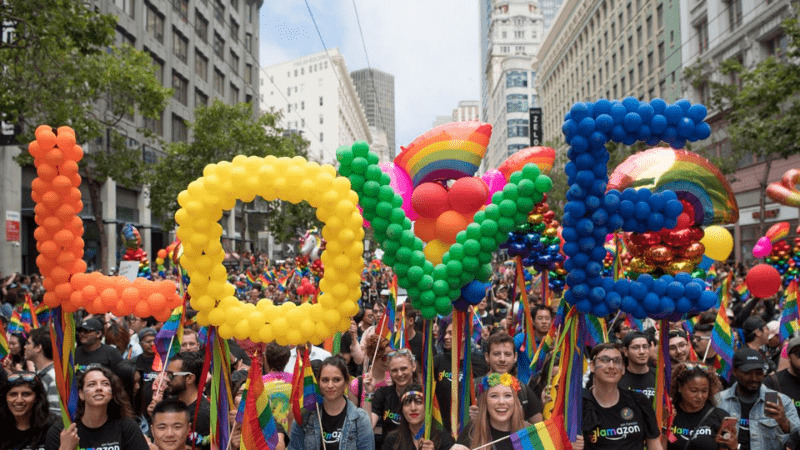
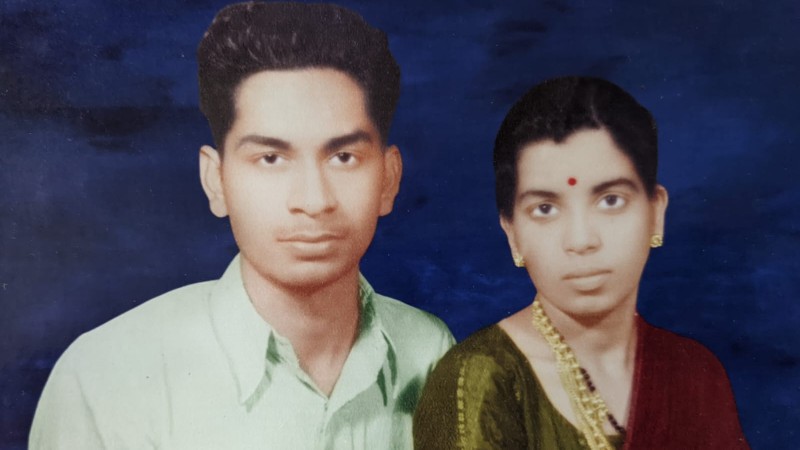
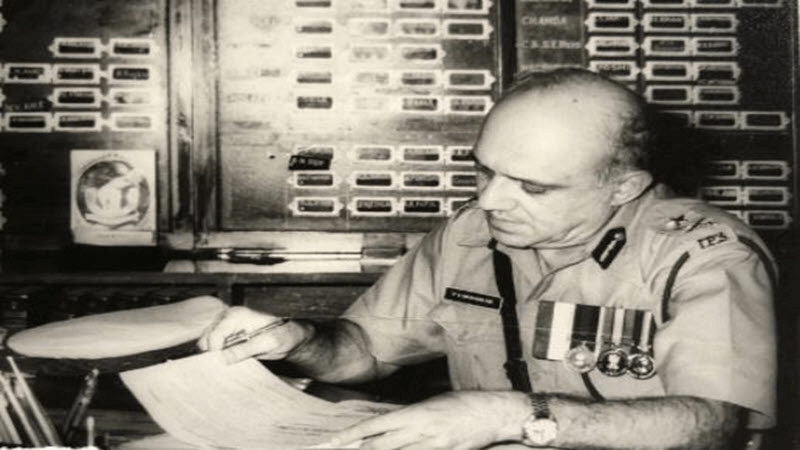

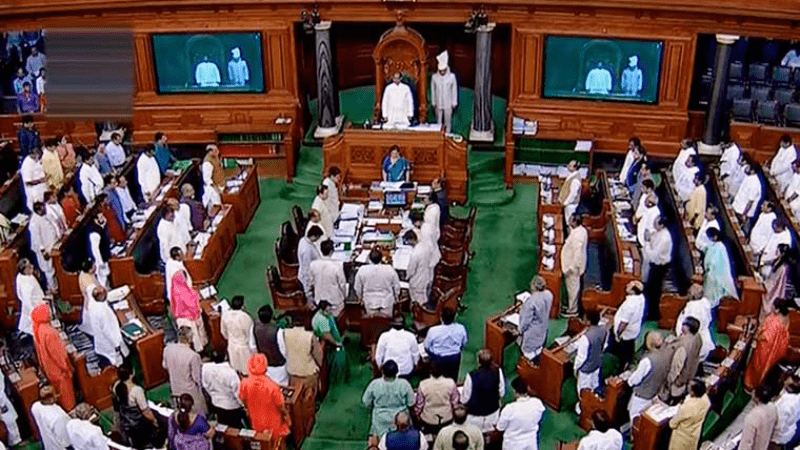
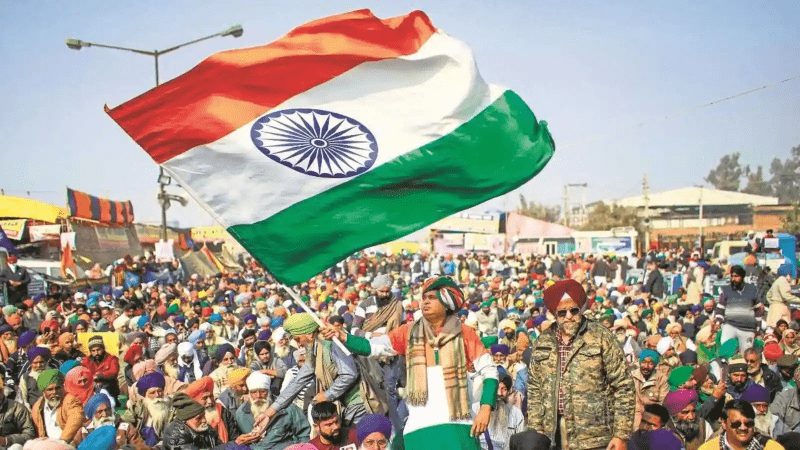
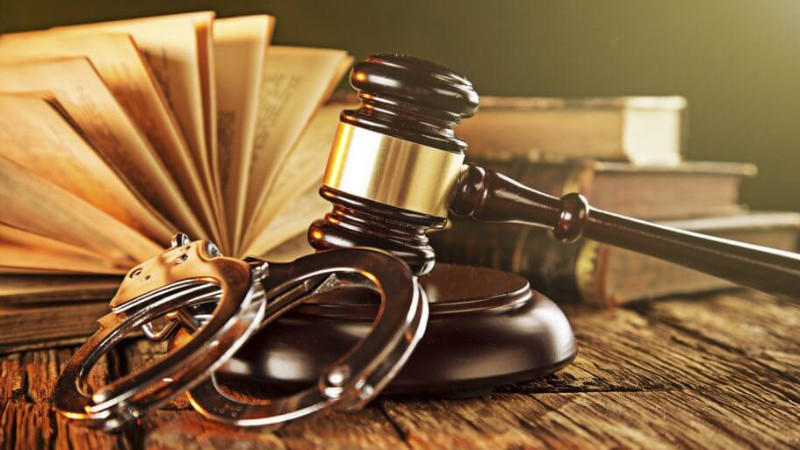
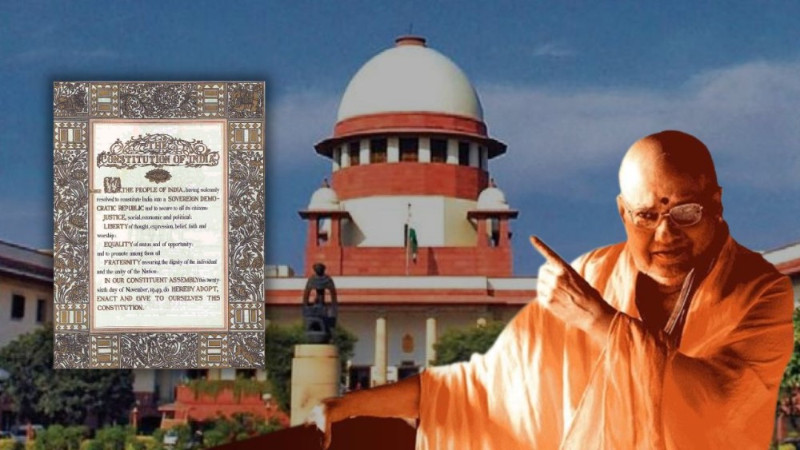
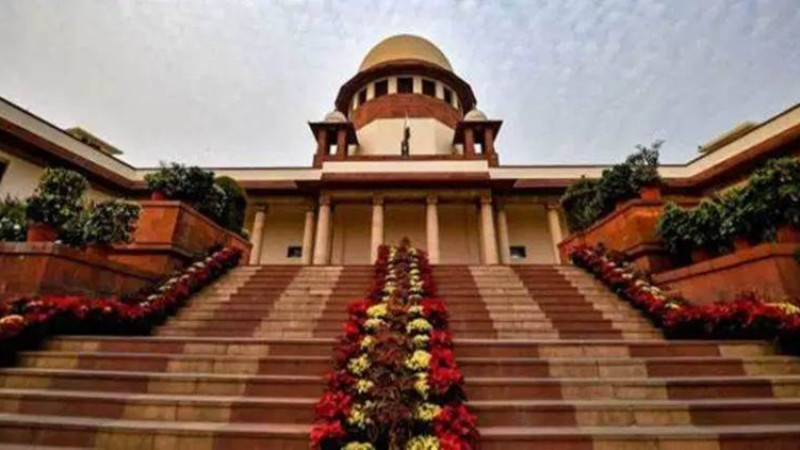
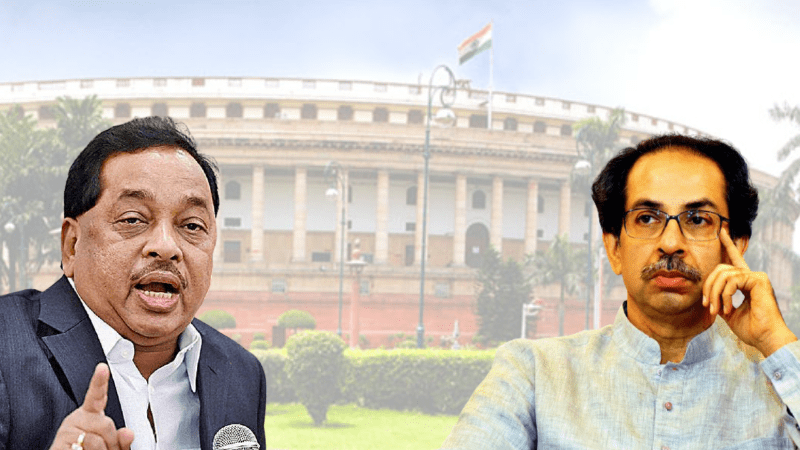
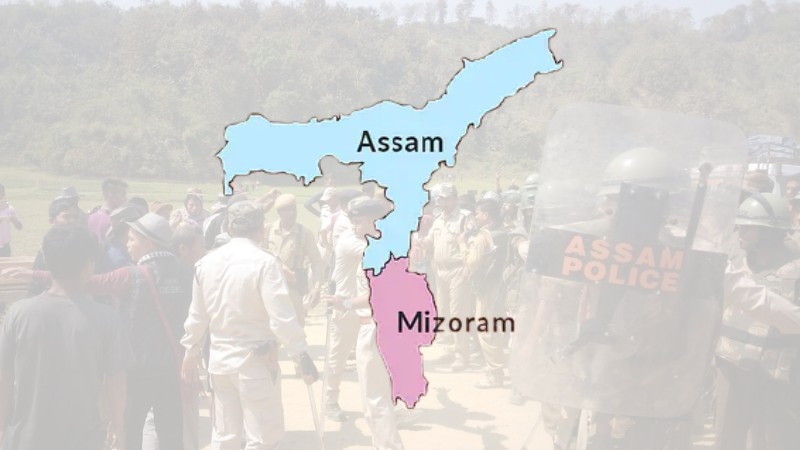
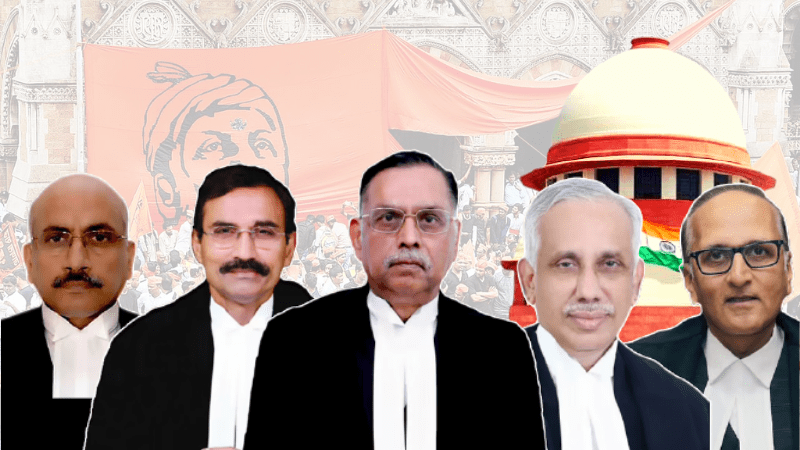


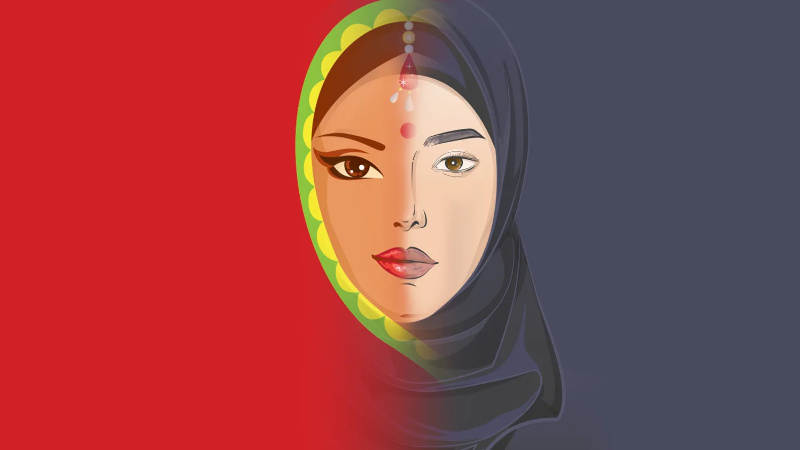
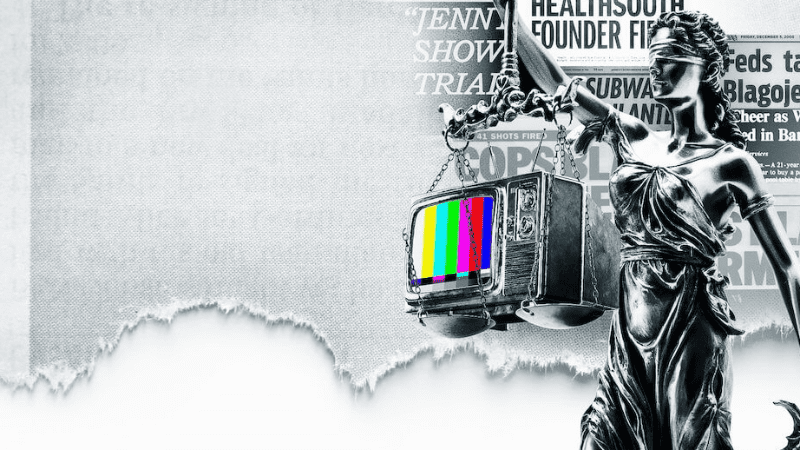

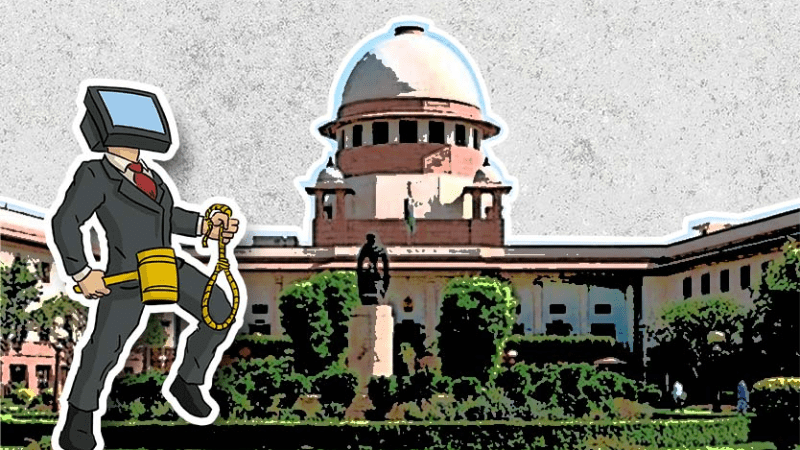
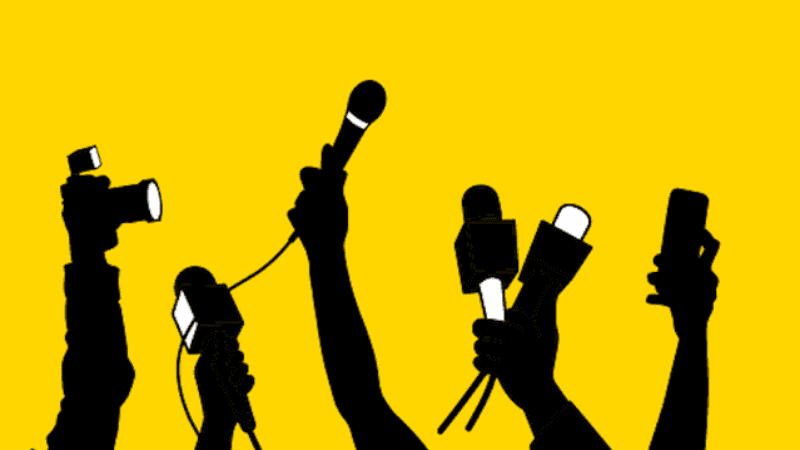
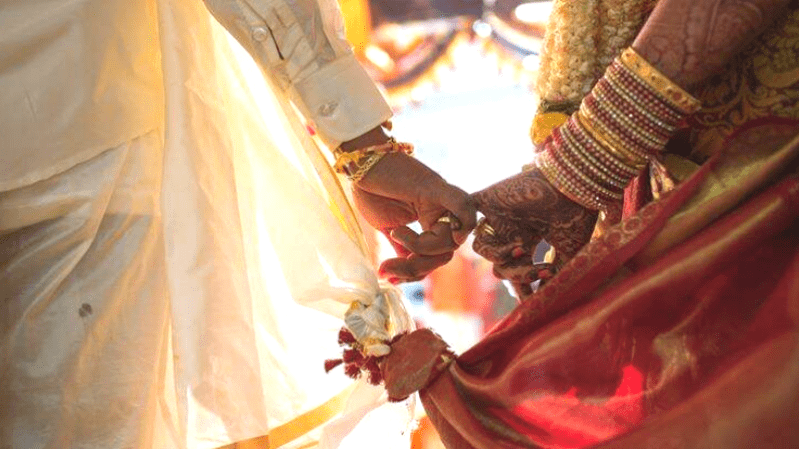
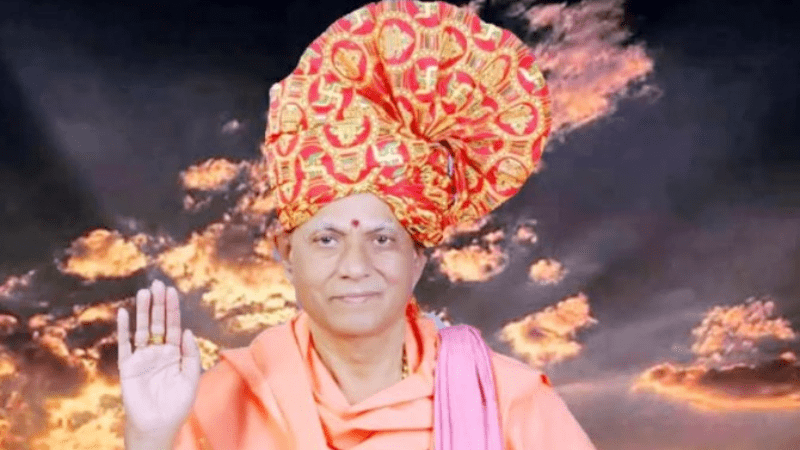
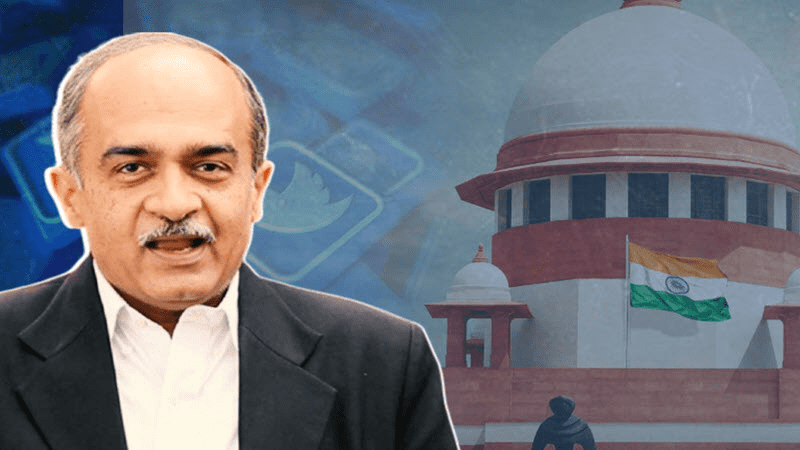
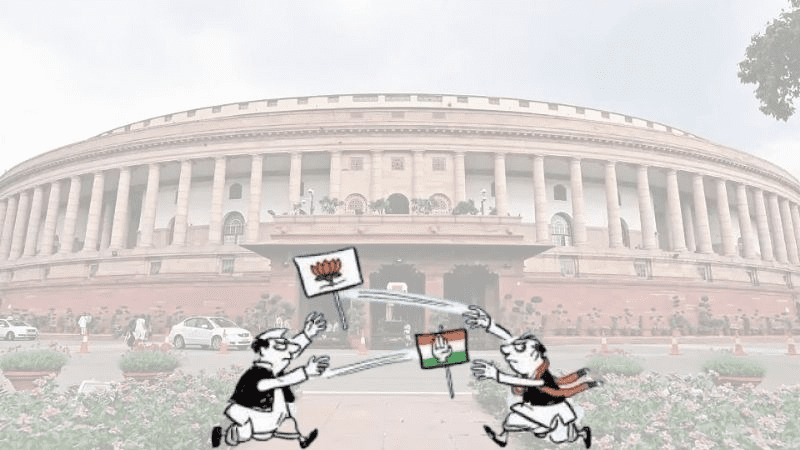
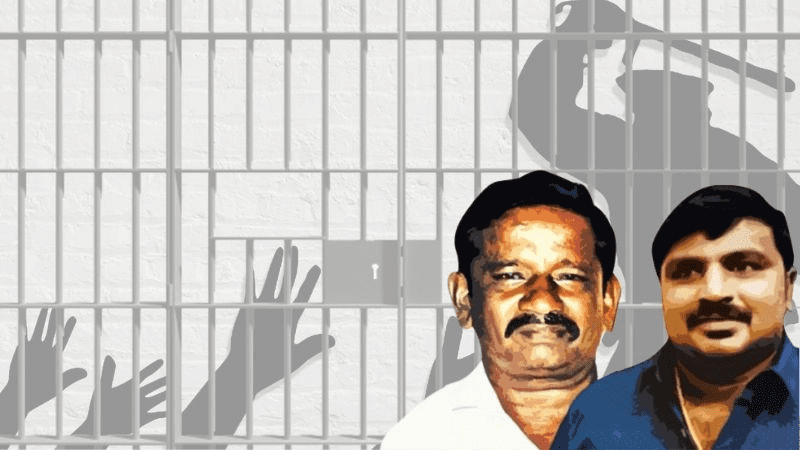
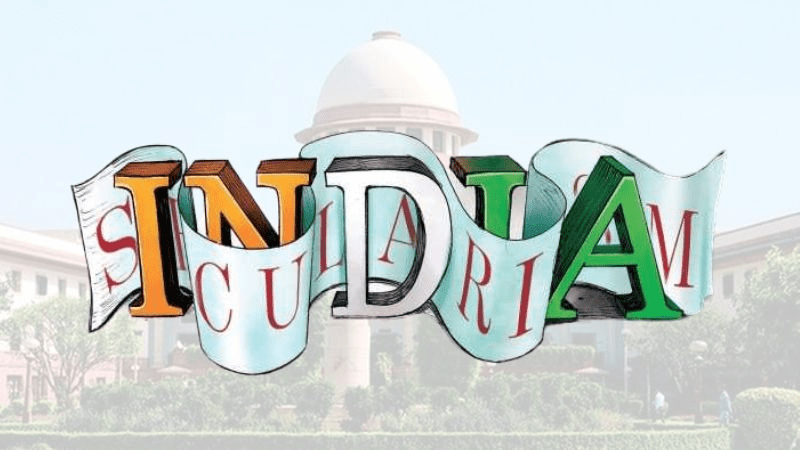







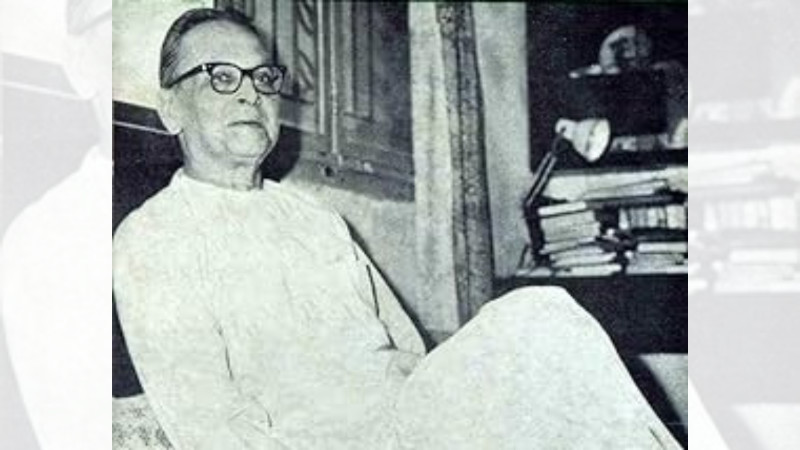

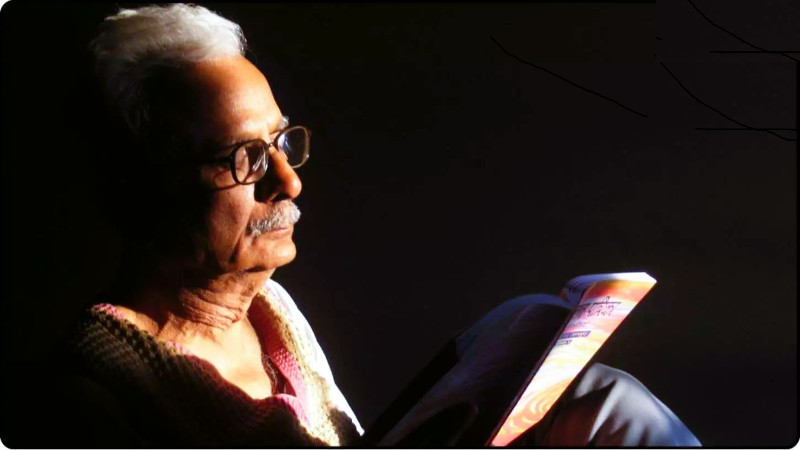
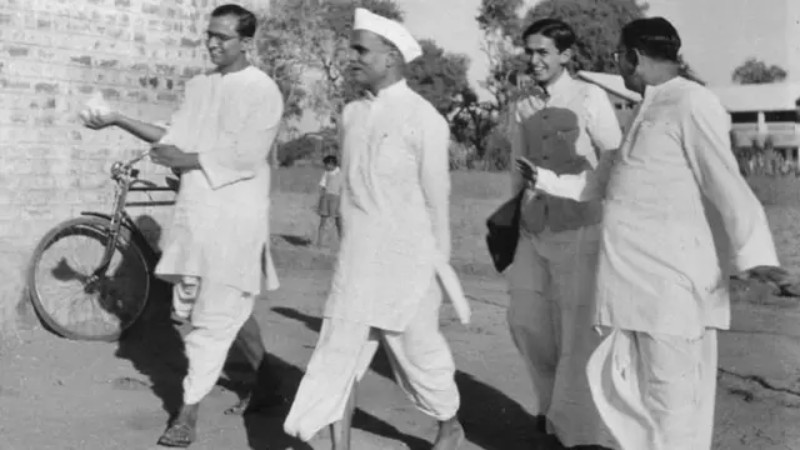
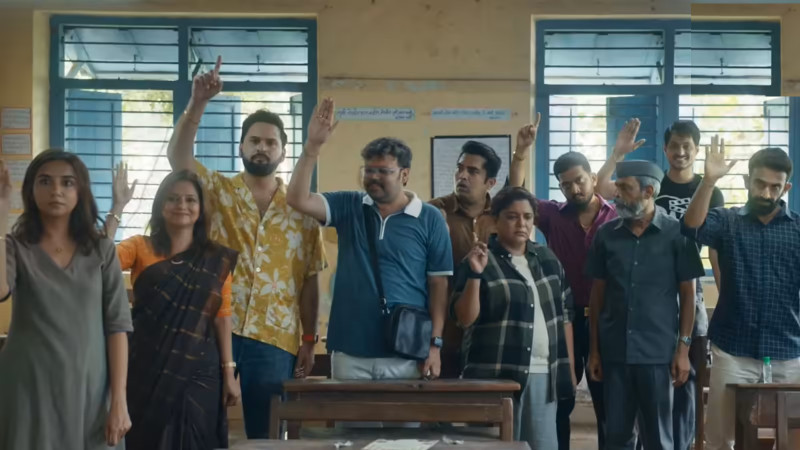
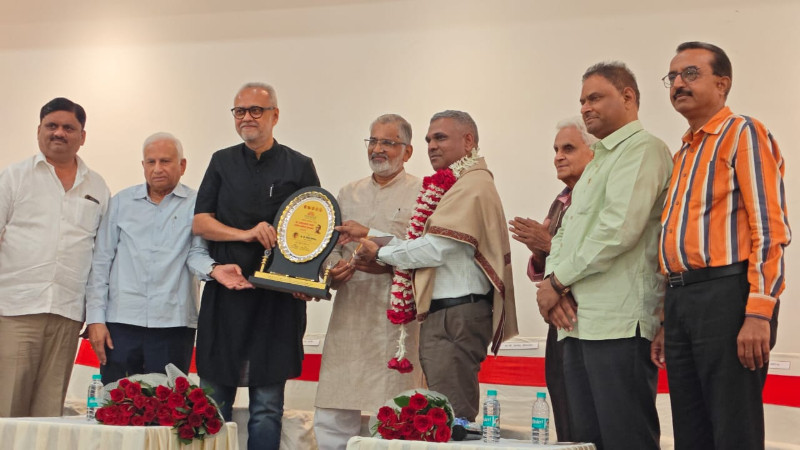
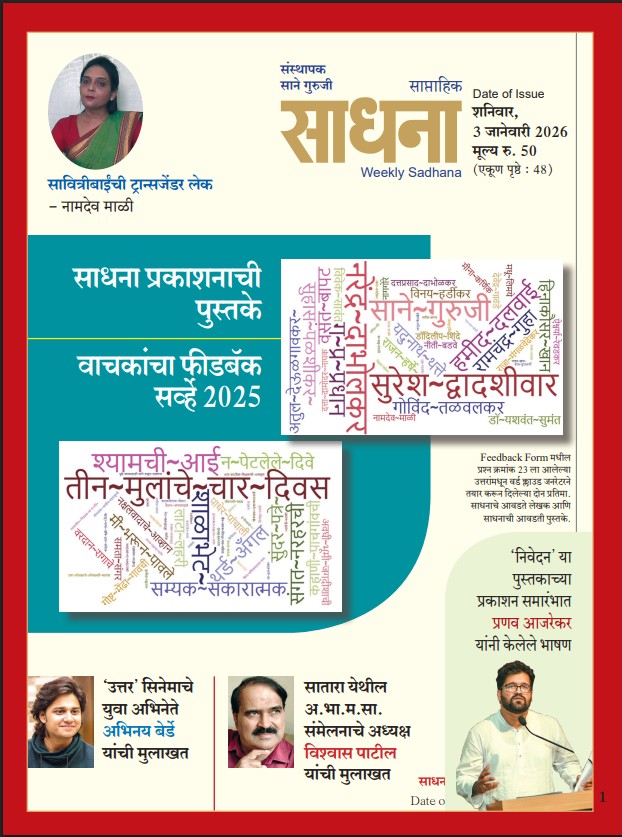













Add Comment